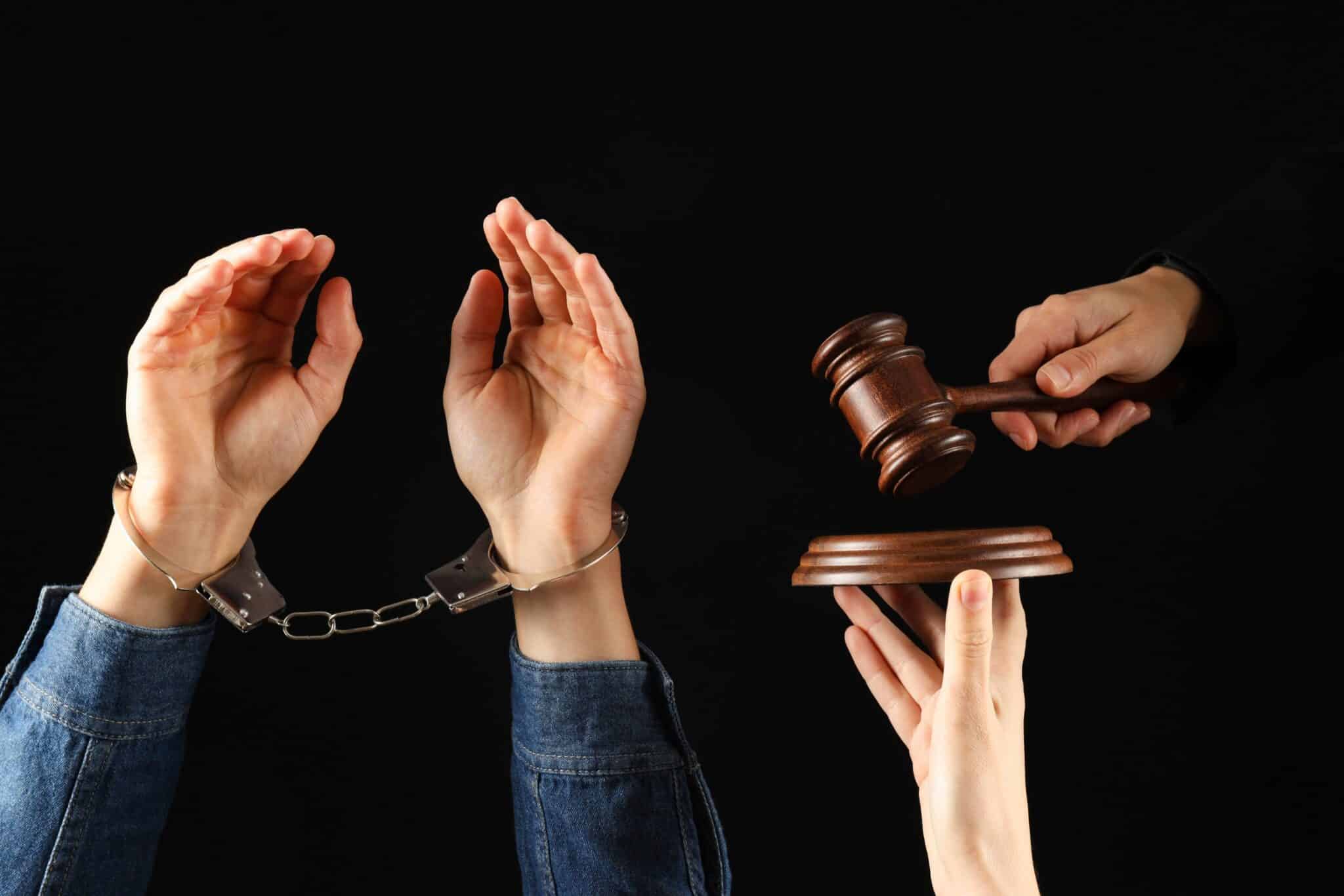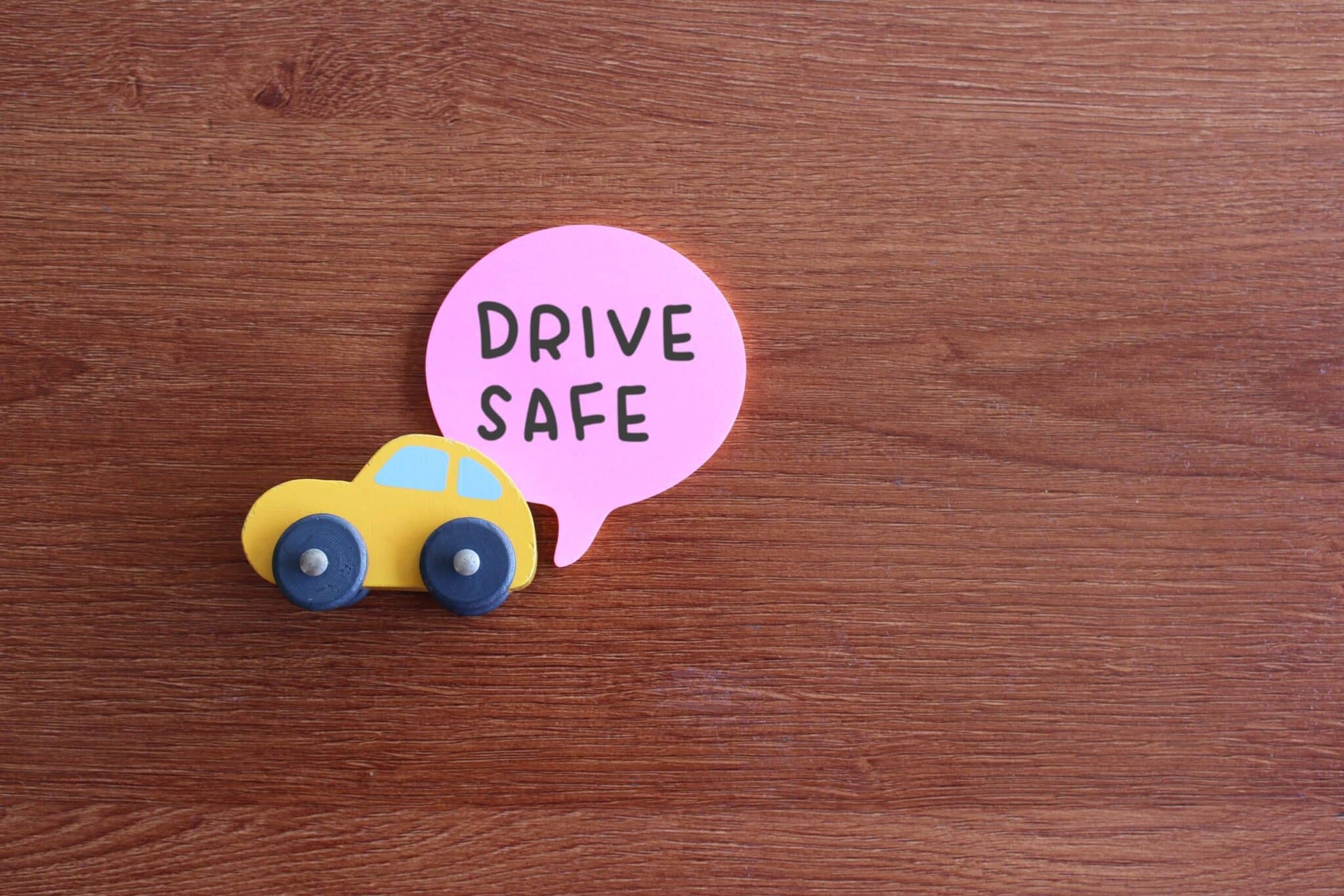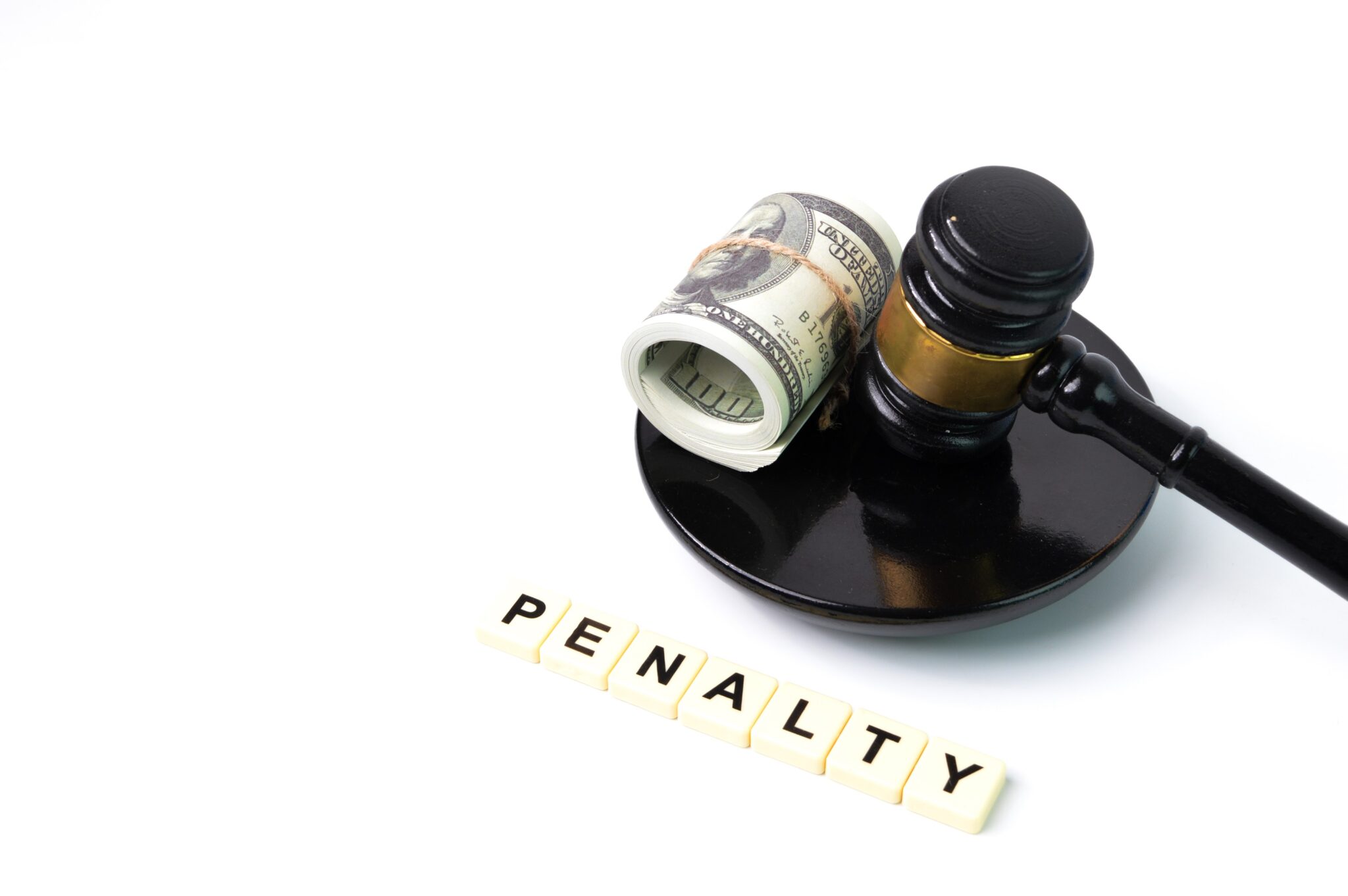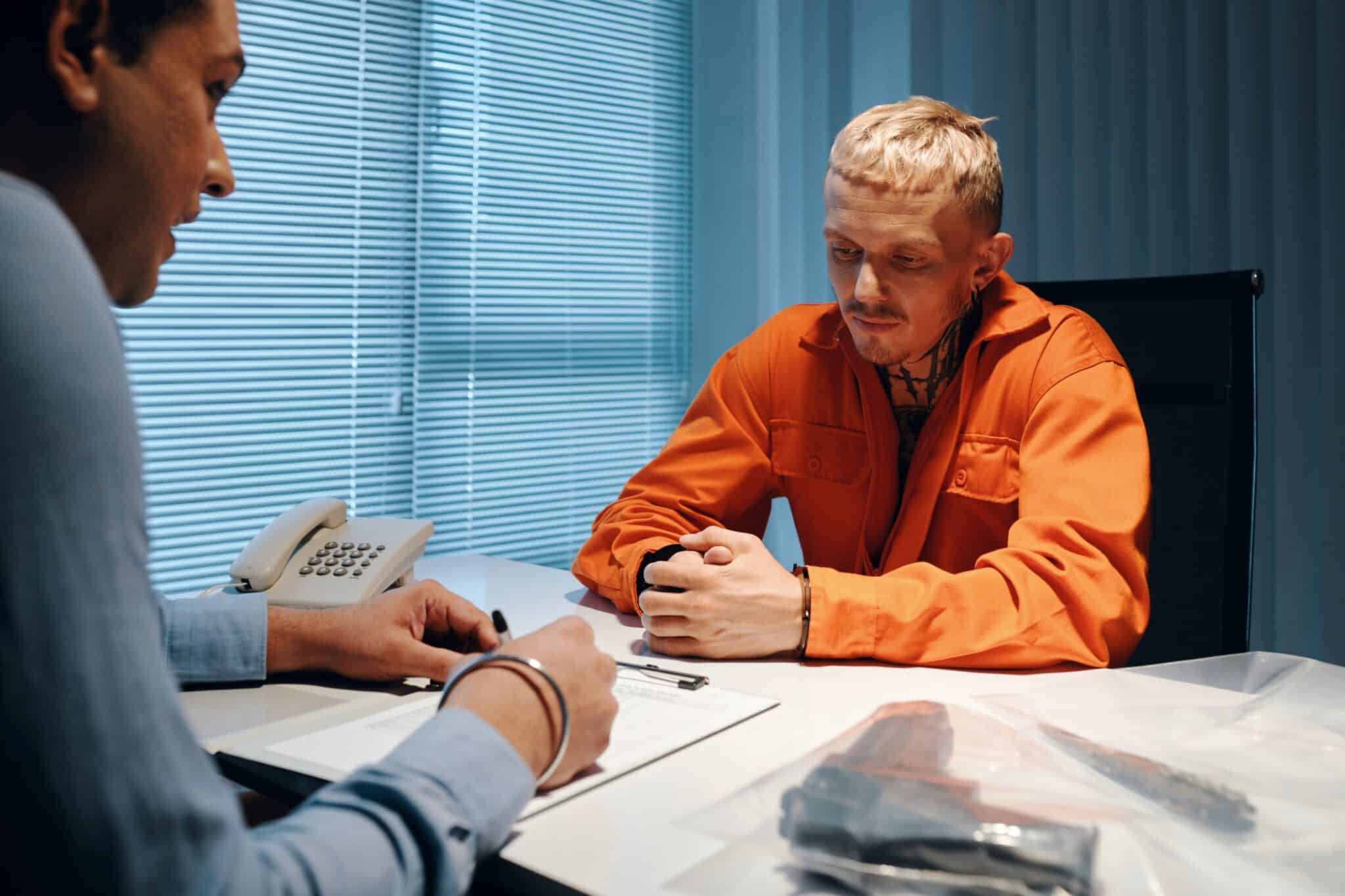HOW LONG DOES THE STATE OF MISSOURI WAIT TO ISSUE AN ARREST WARRANT?

If you’ve heard that police are investigating you or if you missed a court date in Missouri, you might be wondering: How long will it take before a warrant is issued for my arrest? The truth is, there isn’t a one-size-fits-all timeline. Warrants can be issued very quickly in some situations, or they can take weeks, months, or even years depending on the circumstances.
If you’re dealing with a warrant situation in the state of Missouri, call KC Defense Counsel today, before it’s too late. Our experienced Kansas City criminal defense lawyers can help you get your situation cleared up and help you to understand your options within the legal system.
TYPES OF WARRANTS IN THE STATE OF MISSOURI
There are different kinds of warrants, and the timing often depends on the type:
Arrest Warrants: Issued when prosecutors file charges against you and a judge signs the warrant. These can be issued the same day charges are filed.
Bench Warrants: Issued when you miss a scheduled court date. Judges often issue these immediately, sometimes on the same day.
Search Warrants: Related to gathering evidence, not your arrest. These must be supported by probable cause.
HOW QUICKLY CAN AN ARREST WARRANT BE ISSUED IN MISSOURI?
- Same-Day Warrants: If police arrest you, release you pending charges, and prosecutors file quickly, a judge can issue an arrest warrant within hours. Bench warrants for missed court dates are also often issued the same day.
- Weeks or Months Later: Sometimes prosecutors take longer to file charges after an investigation, especially for more complex cases. You may not even know a warrant exists until you’re pulled over for a traffic stop and suddenly arrested.
- No Expiration: Once a warrant is issued, it doesn’t expire. It remains active until you are arrested or it is withdrawn by the court.
Why Timing Varies: Several factors affect how fast Missouri courts issue warrants:
- Seriousness of the crime: Felonies or violent offenses usually get priority.
- Prosecutor workload: Filing can take longer if evidence is still being reviewed.
- Court scheduling: Judges may sign some warrants right away, while others wait for hearings.
HOW DO I KNOW IF I HAVE A WARRANT IN MISSOURI?
Many people only discover they have a warrant after:
- A routine traffic stop
- Applying for a job that runs a background check
- Getting a letter or notice from the court
You can sometimes check warrant status online through municipal or county court websites, but the safest way is to have an attorney check for you.
WHAT HAPPENS ONCE AN ARREST WARRANT HAS BEEN ISSUED?
If there’s a warrant for your arrest in Missouri:
- Police can arrest you at home, work, or during a traffic stop.
- You may be taken directly to jail until you can post bail.
- For felony warrants, extradition may occur if you’re arrested in another state.
Why You Should Act Before the Police Do: If you suspect there’s a warrant against you, don’t wait to be arrested. A skilled Kansas City criminal defense lawyer can:
- Check if a warrant has been issued.
- File a motion to recall or quash the warrant.
- Negotiate a voluntary surrender to avoid embarrassing public arrests.
- Work to reduce bail or arrange release conditions.
Taking action before the police find you almost always leads to a better outcome.
At KC Defense Counsel, our affordable Kansas City criminal defense lawyers regularly help clients in Kansas City deal with outstanding warrants. Whether it’s a bench warrant for a missed court date or a felony arrest warrant, we know how to protect your rights, minimize consequences, and keep you out of jail when possible.
- Missouri courts can issue warrants the same day, or weeks/months later depending on the case.
- Bench warrants for missed court are usually immediate.
- Arrest warrants don’t expire — they stay active until served.
- You often won’t know a warrant exists until you’re arrested.
Contacting a Missouri defense attorney quickly can help resolve the warrant before things get worse.
Call KC Defense Counsel today for a free case evaluation — don’t wait until the warrant catches up with you.
Criminal charges in Missouri can have lifelong consequences, from fines and jail time to lost career opportunities. The team at KC Defense Counsel understands the stakes, and we’re ready to challenge the evidence, protect your rights, and fight for the best possible outcome.
Whether you’ve been arrested for DUI, assault, drug possession, or any other offense, our Kansas City criminal defense lawyers are here for you 24/7.
Contact KC Defense Counsel now to speak with a skilled attorney who will put your defense first.
Cities we serve: Adrian, Archie, Bates City, Belton, Blue Springs, Buckner, Butler, Cameron, Claycomo, Cleveland, Drexel, Fairview, Ferrelview, Gladstone, Grain Valley, Grandview, Greenwood, Houston Lake, Independence, Kansas City Missouri, Kearney, , Knob Noster, Lake Lotawana, Lake Tapawingo, Lake Waukomis, Lake Winnebago, Lawson, Lee’s Summit, Liberty, North Kansas City, Oak Grove, Oakview, Parkville, Peculiar,, Platte City, Platte Woods, Plattsburg, Pleasant Hill, Raymore, Raytown, Riverside, Smithville, Sugar Creek, Tracy, Warrensberg, Weatherby Lake, and Weston.
Statewide: Missouri State Highway Patrol and Sheriff Counties we serve: Bates County, Cass County, Clay County, Jackson County, Platte County, Ray County.
Contact our experienced Kansas City traffic defense lawyers near me in Missouri and let us help begin building your defense. Let us help.
Disclaimer: This page is for informational purposes only and does not create an attorney-client relationship. Always consult qualified counsel regarding your unique situation.



















